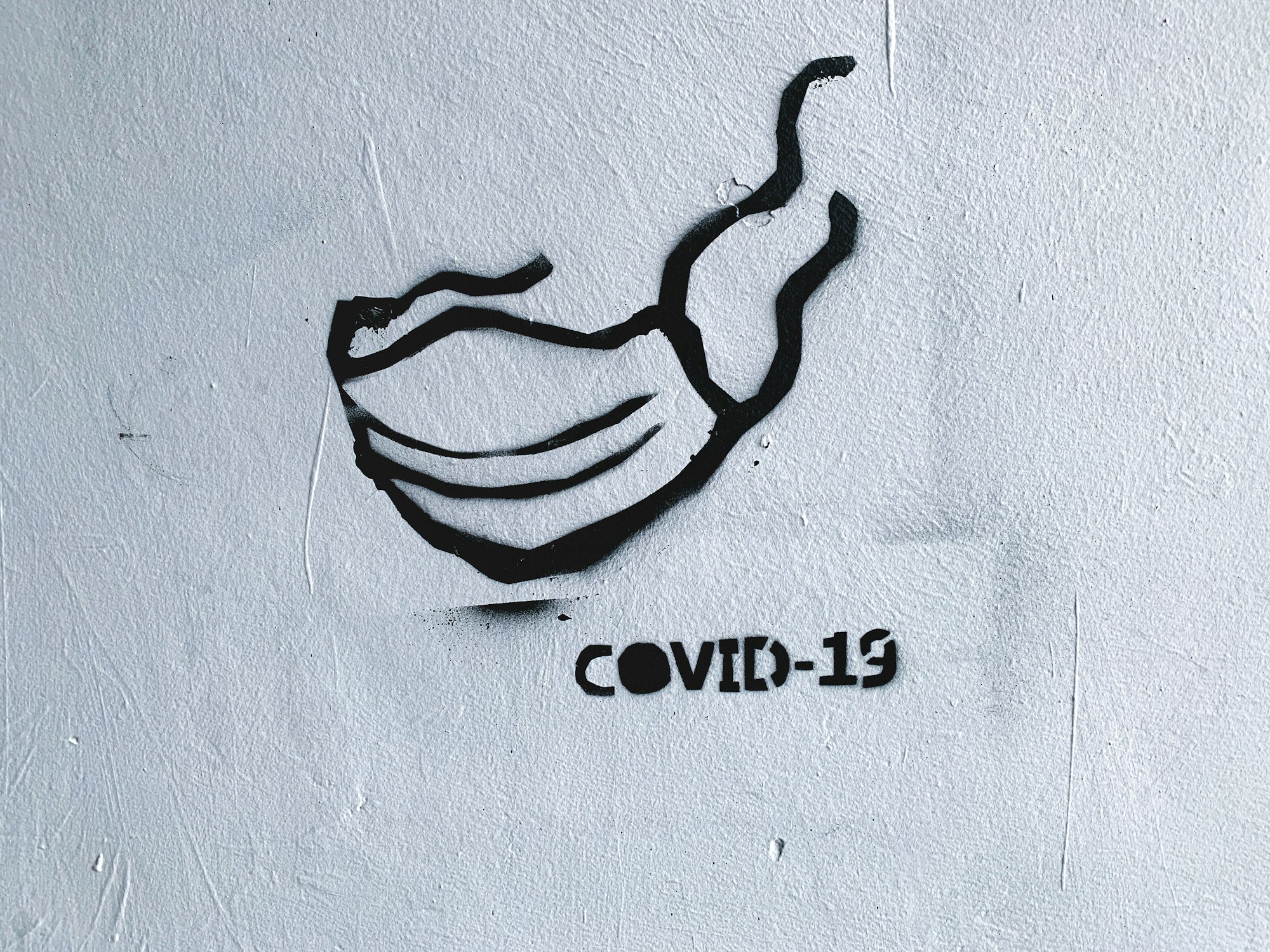By Carmen E Pavel (external contributor)
In a state of emergency, it is easy to believe that there are no limits to what governments must do to respond. During the Covid-19 pandemic, we have seen this attitude at work in the policies various governments adopted. At time, nothing was considered too big a price to pay to prevent people from getting infected and dying from the Covid-19 virus. From ‘shoot to kill’ orders in Philippines for those who were thought to be violating strict lockdowns, to people bolted shut in apartment buildings in China, to workers beaten by the police on the streets of India, trying to get home with only hours’ notice of strict curfews, to thousands of families unable to return home to Australia for more than a year due to the abrupt shutting down of the borders, people were affected by rules changing at the drop of a hat with little notice or ability to plan. Like the virus itself, these sudden changes in rules wrought chaos, death, and untold stress on millions of people. They exemplify violations of one of the most prosaic, but important, rule of law requirements, namely the requirement that rules are made and advance notice is given, so that law’s subjects are appraised of its demands and are given a chance to comply with it. This is also known as the requirement of prospectivity, and along with other rule of law requirements such as legality, generality, publicity, stability, capacity to reflect clear, reasonable, and mutually consistent demands on individuals, proportional punishment, easy access to courts and an independent judiciary represent important standards against which we judge legitimate, responsible law-making in non-emergency times. I want to make the case that most of these rule of law requirements are essential in emergency situations such as pandemics, and that the failures in observing them as recorded in various countries raise serious questions about the legitimacy of those policies.
The impact on human welfare of the most extreme of these measures is obvious. The fact that the measures in China were taken suddenly, without advance warning, means that individuals and families did not have a chance to properly plan for food and medical supplies. All over the world, lockdowns imposed on short notice have led to sick, vulnerable, or elderly people being left without vital supplies, which resulted in needless suffering and early deaths. The large decrease in human welfare as the result of some of the pandemic policies were a combination of many factors, including the stringency of the measures. People in Vietnam faced such strict restrictions that at times, they were not even allowed to go out for food. Indeed, even in the UK, people died alone and were not discovered for weeks. Overall, there was an excess of 26,000 deaths compared to previous years from non-Covid-19 related causes, including from social isolation and disrupted services. However, it is the absence of governments providing proper notice of these policies, in addition to their stringency, which should give us pause. This is because the negative effects of long periods of restrictions were magnified by denying people the ability to plan and adapt to them.
At the less stringent end of policies are those regarding travel restrictions, with countries changing policies literally overnight. Travellers were caught unaware when they landed, or in a transit airport on the way to their destination. Some were forced in quarantine facilities at their own expense, which in the UK amounted to more than £10,000 for a family of four, expenses which were unplanned and which many could not afford. Some were able to travel fully knowing the consequence of having to quarantine, but others were only appraised of the news when they landed. Worse, in some cases, quarantine rules were applied retroactively, as in Switzerland, when British and other foreign tourists travelled there, expecting a quarantine-free trip according to the rules at the time, only for the Swiss Government to do a U-turn and introduce a quarantine, days after the tourists had arrived. Families with small children were forced to quarantine in one room without the possibility of going out for any reason, adding stressful insult to costly injury. No wonder some of them escaped to France under the cover of the night, an act of justified civil disobedience.
Changing rules during a pandemic is an appropriate course of action, and the choices which had to be made were difficult and tragic, as policymakers were trying to balance different welfare, health, and human rights considerations. But many governments went too far in abandoning any consideration of the prospectivity, stability, and publicity of new rules. Thus, it seemed no cost was too great in order to prevent the spread of the virus. Yet costs can be too great, and for many they were. These rule of law requirements are there to protect fundamental interests individuals have in being able to plan their lives free from arbitrary authority, without incurring unnecessary, even catastrophic costs, without having to be separated from loved ones for months at a time due to lack of notice. It is clear that governments made such changes without adequately considering the costs of imposing rules on such short notice, as evidenced by the fact that some of them walked back the changes when the costly consequences became clear, as the UK did for new quarantine rules imposed overnight on people coming from South Africa and other African countries in the wake of the discovery of the new Omicron variant.
Individuals have interests in being protected against the health risks of the pandemic, but such interests have to be safeguarded without subjecting individuals to measures which are more dangerous than the virus itself, and result in a much greater reduction of their welfare. Two years on, we still expect rules to change at will and overnight, and we have not seen many governments making explicit commitments to essential rule of law principles. Responsible policymaking during the pandemic must still follow constitutional and rule of law constrains if it is to be legitimate and to adequately balance competing interests.
The lesson we might take from all of this is that prospective legislative and constitutional change is needed to ensure that rule of law principles remain a priority of government action during conditions of emergency. Such change will provide opportunities for further strengthening principled constraints on policymaking, so that, even during pandemics, people’s lives do not hang on to the whim of well-meaning but struggling public officials who, in the name of protecting us from one danger, inflict longer term harm, both on our lives and on our constitutional commitments.
TWEET
